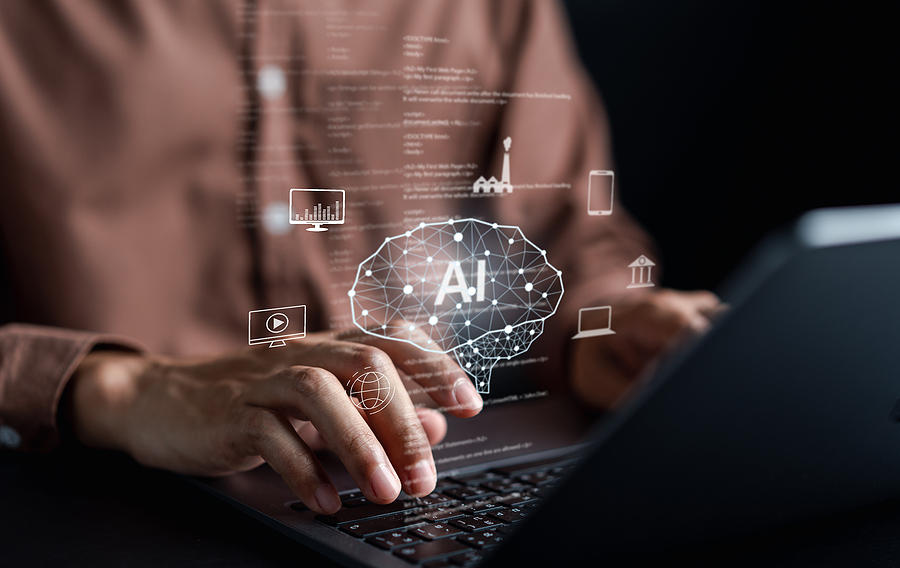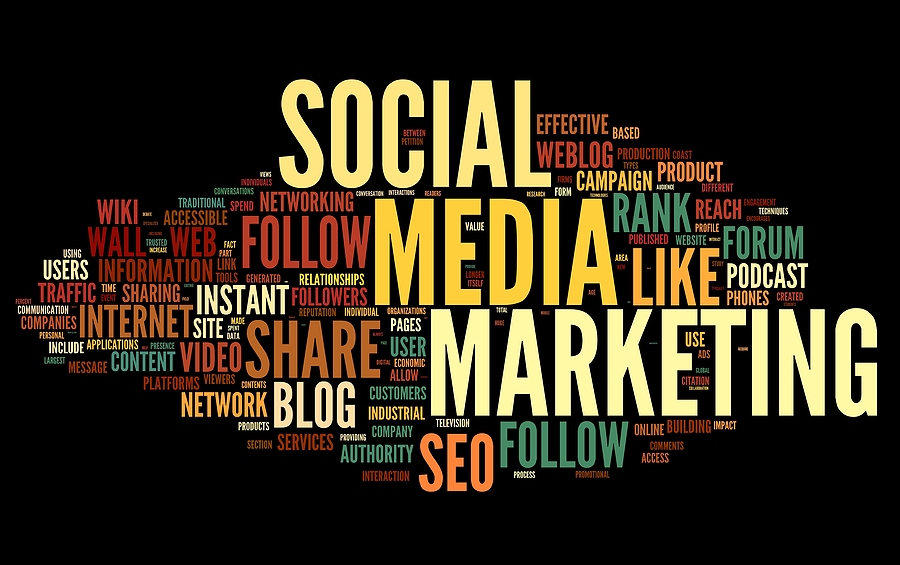In today’s digital age, where social media has become a dominant force, influencer marketing has emerged as a powerful tool for brands to connect with their target audience. Traditional influencers, typically individuals with a large following on platforms like Instagram and YouTube, have long been the go-to choice for brands seeking to promote their products or services. However, a new breed of influencers is on the rise – AI influencers. These virtual personalities, created using artificial intelligence, are making their mark in the influencer marketing landscape, bringing with them a host of unique advantages and challenges.
The Impact of AI Influencers on Influencer Marketing
Table of Contents
AI influencers, also known as virtual influencers or digital humans, are computer-generated characters that have been designed to resemble real-life individuals. These virtual personalities are programmed to interact with their audience, creating content and engaging with followers as if they were real influencers. With their flawless appearances and captivating personalities, AI influencers have been able to attract a significant following on social media platforms.
One of the key advantages of AI influencers is their ability to be available 24/7. Unlike traditional influencers who need rest and may have limited availability, AI influencers can be active at all times, consistently generating content and engaging with their audience. This unparalleled availability allows brands to maximize their reach and engagement, ensuring their message is communicated effectively to a wide range of consumers.
Moreover, AI influencers offer a level of control that is unparalleled in the influencer marketing space. Brands have complete control over the content, messaging, and persona of AI influencers, ensuring that their brand image is accurately represented. This control eliminates the risk of potential controversies or misrepresentations that can sometimes arise with traditional influencers.
Challenges and Limitations of AI Influencers
While AI influencers offer a range of advantages, they also come with their own set of challenges and limitations. One of the primary concerns surrounding AI influencers is their lack of authenticity. Unlike traditional influencers who have built their following based on their genuine experiences and opinions, AI influencers lack the human touch that resonates with many consumers. This lack of authenticity can make it difficult for brands to establish a genuine connection with their audience through AI influencers.
Additionally, the cost of creating and maintaining AI influencers can be prohibitive for many brands. The technology and resources required to develop and animate virtual personalities can be expensive, making it inaccessible for smaller businesses. This cost factor limits the widespread adoption of AI influencers and restricts their usage to larger, more established brands.
Another challenge posed by AI influencers is the potential for technical glitches or errors. As virtual personalities, AI influencers are susceptible to technical malfunctions that can negatively impact their performance and reputation. These glitches can range from minor errors in content creation to more severe issues that compromise the integrity of the AI influencer. Brands must be prepared to address and mitigate these risks when utilizing AI influencers in their marketing campaigns.
Examples of Successful AI Influencer Campaigns
Despite the challenges, several brands have successfully leveraged AI influencers to create impactful marketing campaigns. One such example is the partnership between clothing brand Balmain and AI influencer Shudu. Shudu, a virtual supermodel, was featured in Balmain’s advertising campaign, capturing the attention of fashion enthusiasts worldwide. The campaign showcased the seamless integration of AI influencers into the fashion industry, generating significant buzz and brand exposure.
Another notable example is Lil Miquela, a popular AI influencer who has collaborated with various fashion and beauty brands. With her unique style and engaging content, Lil Miquela has amassed a substantial following, making her a sought-after partner for brands seeking to target younger demographics. Her success demonstrates the potential of AI influencers to connect with audiences and drive brand awareness.
The Future of AI Influencers in Influencer Marketing
As technology continues to advance, the role of AI influencers in influencer marketing is likely to expand. The capabilities of AI are constantly evolving, allowing for more realistic and interactive virtual personalities. This evolution opens up new possibilities for brands to create personalized and engaging experiences for their audience.
In the future, we can expect to see AI influencers becoming more integrated into various industries beyond fashion and beauty. From gaming to healthcare, AI influencers have the potential to revolutionize how brands engage with their customers. With advancements in natural language processing and emotional recognition, AI influencers may even be able to provide personalized recommendations and support to their followers.
In conclusion, the rise of AI influencers is reshaping the influencer marketing landscape. While they bring unique advantages such as 24/7 availability and complete control over brand messaging, they also face challenges around authenticity and cost. However, the success of AI influencer campaigns by brands like Balmain and Lil Miquela indicates their potential to connect with audiences and drive brand awareness. As technology continues to advance, AI influencers are likely to play an increasingly significant role in influencer marketing, offering personalized and engaging experiences for brands and consumers alike.
Image Source: BigStockPhoto.com (Licensed)
Related Categories: Work, Reviews, Tech







